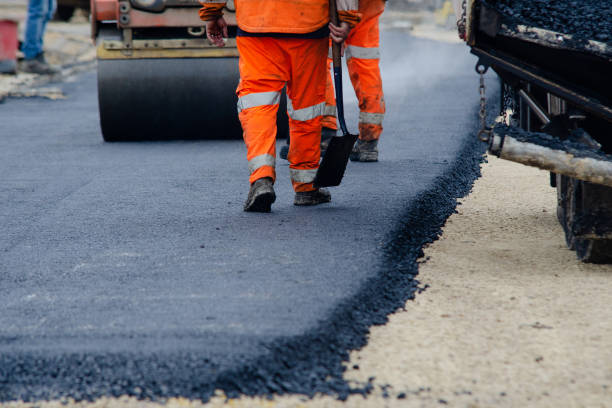Looking for a experienced eminent domain lawyer that can protect your property rights? Eminent domain and land condemnation can be a complicated issue, it is important that you find a top professional to represent you in order to receive fair compensation for seized property.
Our team at Schmidt Law has the technical expertise and connections to experts that can be the difference in securing fair compensation for your property and not. Contact us today if you have been given notice of government intent to condemn your property for public use. During a free legal consultation, we can asses your situation and begin the path to your best possible outcome.

When Do You Need a Condemnation Lawyer?
When a government entity is seeking to take your private property in order to repurpose for public use, it is a good idea to contact an eminent domain lawyer. An experienced attorney can help ensure that you receive a fair compensation for the value of the land lost. Navigating a condemnation & the legal procedures that come along with it can be tricky. Therefor it is important to contact a lawyer as soon as you are notified of condemnation to receive expert guidance and representation.
What is eminent domain?
Eminent domain refers to a power of government permitted by the 5th amendment of the US Constitution that allows government, or agents of the government, to take private property so long as it is repurposed for public use and the original land owner is paid just compensation. Eminent domain cases often involve complex legal processes where property owners have rights to challenge the necessity or amount of compensation offered.
What kind of projects qualify for eminent domain?
There are many kinds of projects that qualify the government to expropriate land. However, any project must be for public use and the federal, state, or local government that is claiming the land must pay “just compensation”. Some, but not all, of the examples of eminent domain projects include:
- Infrastructure including highways, roads, bridges, public transportation, etc.
- Utility easements including pipelines, sewage, electricity, water, etc.
- Government buildings including schools, post offices, police stations, etc.
- Public parks & recreation centers


